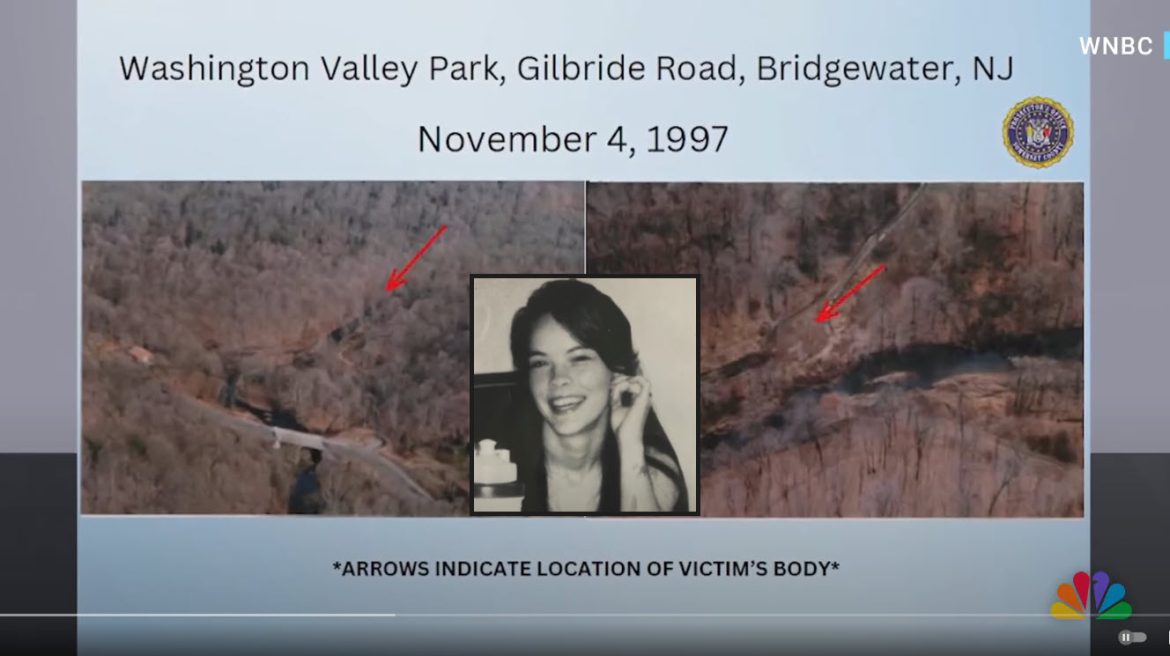In a significant breakthrough for cold case investigations, authorities have successfully extradited 60-year-old Robert A. Creter from Winnipeg, Canada, to New Jersey to face charges in the 1997 murder of Tamara “Tammy” Tignor. This case, unsolved for more than two decades, is now closer to resolution thanks to advancements in forensic technology and the persistence of law enforcement.
Tammy Tignor, a 23-year-old Newark resident, was last seen alive on November 3, 1997. She had been navigating personal challenges at the time, including struggles with addiction, and her family had grown increasingly concerned about her well-being. On November 4, 1997, her lifeless body was discovered on a dirt road near Washington Valley Park in Bridgewater, New Jersey. She had been strangled, and her death was ruled a homicide.
The initial investigation into Tignor’s murder yielded little evidence that could lead to a suspect. Detectives collected physical evidence, including DNA samples, but the technology available at the time was insufficient to identify the perpetrator. The case eventually went cold, leaving Tignor’s family without answers or justice.
In January 2023, the Somerset County Prosecutor’s Office reopened the case, leveraging advances in forensic science. With funding from the Garden State Cold Case Network and the Sexual Assault Kit Initiative (SAKI) Grant, investigators reexamined the DNA evidence collected at the crime scene. This led to a significant breakthrough when a match was found in the Combined DNA Index System (CODIS) in April 2023, identifying Robert A. Creter as a suspect.
Creter, who had been living in Winnipeg, Canada, since 2002, had managed to evade detection for years. Once identified, Somerset County authorities worked with Canadian law enforcement to secure his arrest. Creter was taken into custody on June 27, 2024, following the authorization of murder charges in May. After months of legal proceedings, he was extradited to New Jersey on November 26, 2024, where he is now held at the Somerset County Jail. He awaits a detention hearing and faces charges of first-degree murder.
Law enforcement officials have commended the dedication and collaboration of various agencies that contributed to the resolution of this case. The Somerset County Prosecutor’s Office, the Garden State Cold Case Network, and Canadian authorities all played crucial roles in ensuring Creter’s apprehension and extradition.
For Tignor’s family, the arrest brings a mixture of emotions—relief that justice may finally be served, but also the reopening of painful memories. Her family has expressed gratitude to the investigators who never gave up on finding the truth. A family spokesperson stated, “Tammy was a loving sister and daughter who didn’t deserve what happened to her. We hope this brings some closure, not just for us but for anyone who has lost a loved one in such a tragic way.”
Creter’s extradition underscores the growing impact of modern forensic techniques on solving cold cases. The use of DNA evidence, coupled with interagency cooperation, has become a powerful tool in bringing long-awaited justice to victims and their families. As the case moves forward, authorities remain committed to uncovering the full details of what happened in November 1997.
The Tignor case serves as a reminder that time does not erase the possibility of justice. Law enforcement officials urge the public to come forward with any information related to unsolved cases, emphasizing that even the smallest detail can help bring resolution.



